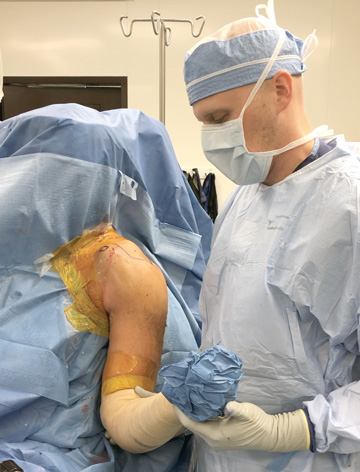As the current U.S. inflation rate approaches 10%, ambulatory surgery centers are already facing financial pressure from expenses for goods and services and staffing costs. So while CMS has proposed an increase to ASC facility fees for next year, the fact that it’s only 2.7% is disappointing for facilities across the country. The proposed rate increase is the same for hospital outpatient departments.
“Obviously, the rate increase that’s being proposed is lower than it should be based on what we’re seeing in terms of the current cost of doing business in our surgery centers,” says William Prentice, CEO of the Ambulatory Surgery Center Association (ASCA).
CMS made the proposal in its Outpatient Prospective Payment System and Ambulatory Surgical Center Payment System Proposed Rule in mid-July. The federal agency is accepting comments until Sept. 13 and will issue the final rate that will go into effect on Jan. 1 in November. To comment on the regulations, follow the “submit a comment” instructions at www.regulations.gov.
.svg?sfvrsn=be606e78_3)

.svg?sfvrsn=56b2f850_5)